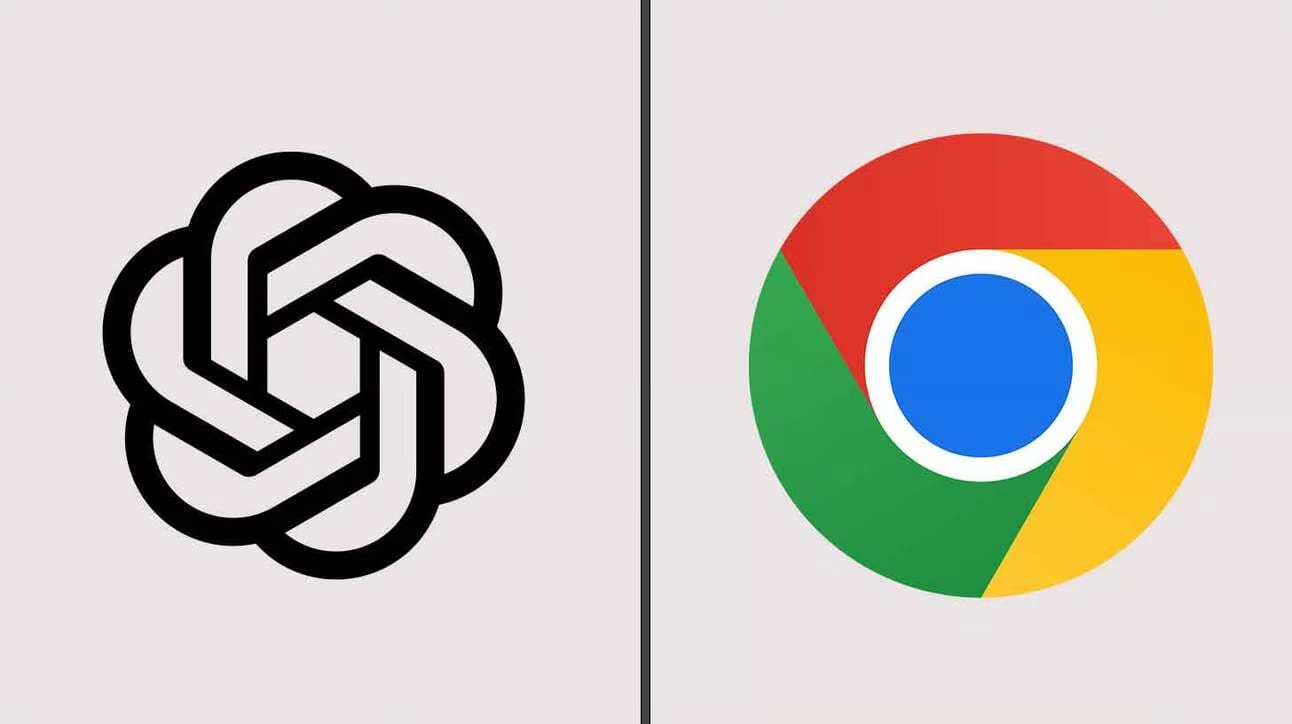OpenAI takes aim at Google while Gemini reclaims top spot. Also, Nvidia Earnings report sends ripples through the industry.
OpenAI challenges Chrome with browser plans, Gemini tops AI charts, Nvidia reshapes tech with stellar earnings, and Evo revolutionizes genomic design with AI breakthroughs.
Todays Download
⚡Quick News
Anthropic integrates Google Docs functionality into Claude: Claude users can now interact with Google Docs directly within the AI assistant.
OpenAI engineers accidentally erase evidence in training data lawsuit: A mishap during system maintenance led to the deletion of potentially crucial information.
Samsung reveals Gauss2, its improved generative AI model: The tech giant showcases advancements in its AI capabilities at the Samsung Developer Conference Korea 2024.
YouTube launches Dream Screen for AI-generated video backgrounds: Creators can now use AI to generate custom backgrounds for YouTube Shorts.
Apple reportedly developing next-gen AI-powered Siri: The tech giant aims to enhance Siri with more advanced conversational AI capabilities.

OpenAI is reportedly considering the development of a web browser that would integrate ChatGPT and search features on partner websites, positioning the AI leader to compete directly with Google Chrome's browser and search market dominance.
Key Highlights:
OpenAI has attracted key Chrome browser talent, including founding team member Ben Goodger.
The company is building partnerships with major publishers and platforms to own AI data training and ensure content access.
A search product called NLWeb is in development, allowing conversational interaction with partner websites like Condé Nast and Redfin.
Discussions with Samsung could lead to OpenAI's tech being integrated into the phone maker's devices.
OpenAI recently launched ChatGPT Search, directly integrating real-time information and web capabilities into the assistant.
Why It Matters:
OpenAI's potential entry into the browser market could significantly disrupt the current landscape dominated by Google. This move would not only expand OpenAI's reach but also potentially change how users interact with the web, making AI-assisted browsing and search more mainstream.

Google's latest Gemini experimental model (1121) has once again secured the first place position in the LM Arena AI performance leaderboard, marking the third leadership change between OpenAI and Google in just the past week.
Key Highlights:
Gemini-exp-1121 shows significant improvements across key metrics, leading in coding, math, creative writing, and hard prompts categories.
The new iteration improves by 20 points over its predecessor, solidifying its position in vision tasks while enhancing reasoning capabilities.
This rapid succession of releases began with Google's 1114 version taking the lead on Nov. 14th, followed by the 'anonymous-chatbot' (updated GPT-4) days later.
OpenAI's update focused on creative writing and file-use capabilities, with new analysis revealing speed improvements in certain benchmarks.
Why It Matters:
This back-and-forth competition between tech giants demonstrates the rapid pace of AI advancement and the intense rivalry in the field. Each iteration brings significant improvements, potentially leading to more capable and versatile AI systems for various applications.
If you're enjoying Nerdic Download please forward this article to a colleague.
It helps us keep this content free.

Nvidia, now the world's most valuable chipmaker, has delivered an earnings report that exceeded all expectations, with CEO Jensen Huang declaring that we've entered the "age of AI."
Key Highlights:
Nvidia nearly doubled its revenue compared to last year, with a market cap now surpassing the GDPs of Brazil, Italy, and Canada.
The company is preparing to launch Blackwell, a new generation of AI chips, with demand at unprecedented levels.
Nvidia holds about 94% of the AI GPU market, positioning it as a key player in helping companies overcome current AI limitations.
Recent reports suggest major players like OpenAI and Alphabet are facing challenges in improving their latest models, despite increased computing power.
Why It Matters:
Nvidia's success is crucial for the entire AI industry. As companies face challenges in scaling AI models, Nvidia's chips are seen as potential solutions to push past current limitations, making its performance a bellwether for the broader AI sector.

Researchers have introduced Evo, a groundbreaking 7-billion-parameter genomic AI model trained on millions of genomes to analyze, predict, and design DNA, RNA, and protein systems across various scales.
Key Highlights:
Evo uses a deep learning architecture with a context length of 131 kilobases, maintaining single-nucleotide resolution for efficient genomic sequence analysis.
Trained on 2.7 million prokaryotic and phage genomes, Evo performs zero-shot predictions across DNA, RNA, and protein modalities.
The model can assess how small DNA mutations affect whole-organism fitness, offering insights into evolutionary dynamics.
Evo generates megabase-scale sequences with plausible genomic architecture, simulating genome-length designs for synthetic biology.
Why It Matters:
Evo represents a significant leap in combining AI with biological research, enabling precision in genetic engineering and synthetic biology at an unprecedented scale. This could revolutionize drug discovery, disease treatment, and bioengineering, potentially transforming our understanding and manipulation of biological systems.
🛠️ New AI Tools
Loveable: Full stack AI engineer to go from idea to app in seconds.
HumanLayer: An API and SDK that enables tool-calling AI agents to contact humans for help, feedback, and approvals.
CypherScribe: Create, customize, and launch interactive, SEO-optimized developer documentation.
Maxim: End-to-end evaluation and observability platform to test and ship high-quality AI products 5x faster.
Boltic: AI-powered workflow and automation for enterprise operations.
Reply